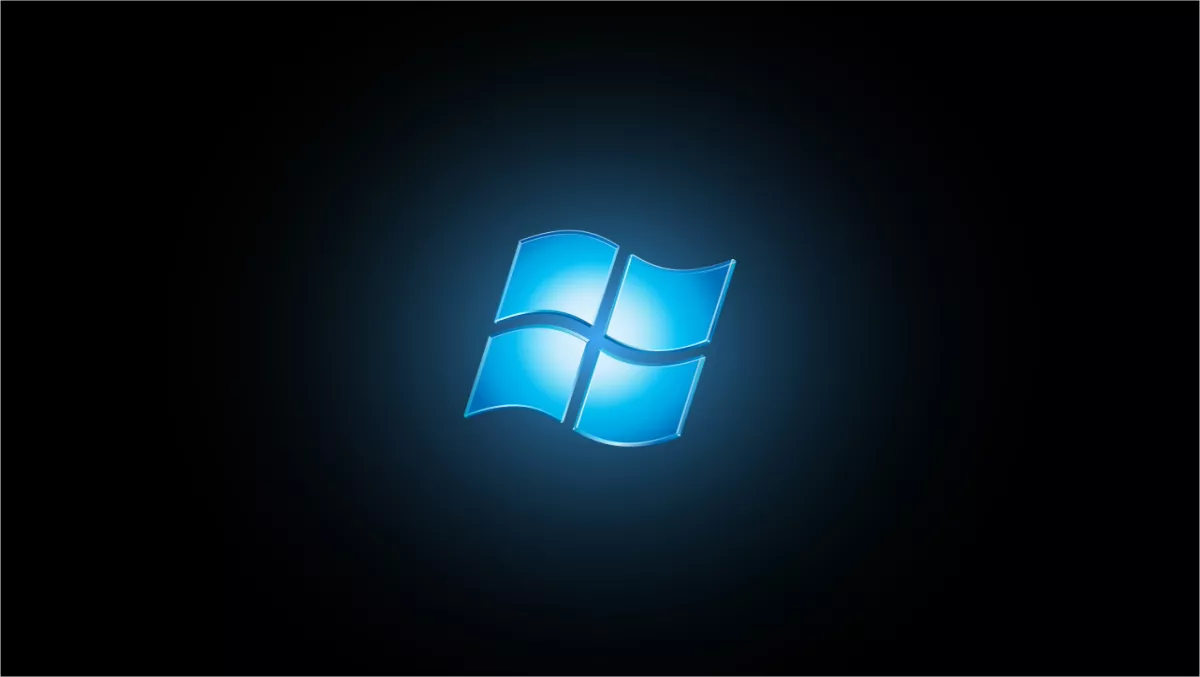
While Redmond maps out its cloud strategy for years to come, Steven Martin, General Manager for Cloud and Enterprise, Microsoft examines the four years gone by, analysing Microsoft Azure’s role within the market.
“It’s a case of continuing the innovation and responding to the demands of our customers,” says Martin, speaking at the TechEd New Zealand 2014 conference in Auckland this morning.
“We’re still building lots of new services to ensure we’re robust enough to handle the growth of mission critical workloads which come our way.
“As the cloud matures we’re seeing enterprise needs change, and we’re continuing to take that journey with our customers.”
Launched in February 2010 to much fanfare, Windows Azure, as its previously known, now incorporates over 1,000 new customers sign up for the cloud platform every day, numbers Martin believes highlights the sheer extent of Microsoft’s growing cloud business.
“We’ve learned a lot over the past four years and I don’t think anybody could have forecast the phenomenal growth that we’ve seen during this period,” adds Martin, who has been embedded in the Azure program since its inception.
“I’ve never personally been part of a business which adds such a high volume of customers per day and we’re still doubling our computer capacity every six to nine months.”
A week after commencing its long awaited live trials of its Azure cloud platform in Australia, Martin says the conversation has now switched between Microsoft and its customers - with the agenda shifting away from service-level agreement (SLA) discussions to a track record focused debate.
“In the past almost every conversation covered SLA whereas now we hardly talk about it,” he adds. “We run on our track record and in truth it doesn’t always matter what your SLA says as customers are mainly interested in your track record, your up time, down time, root cause analysis etc.”
Pushing the boundaries…
With New Zealand owned companies such as VMob pushing the boundaries of Azure, Martin was quick to acknowledge that as new technology hits the market, customers continue to find uses for it which aren’t previously envisioned.
“It’s the nature of the beast for sure,” adds Martin, speaking on his first visit to New Zealand, and with it, his first encounter with the Microsoft NZ team.
Maturing as a company on a similar timeframe to that of Azure, under the stewardship of founder and CEO Scott Bradley, VMob has risen from a humble Kiwi start-up to an award-winning, globally acclaimed, mobile marketing company – flying the flag for innovation in the loyalty application developer space.
Not considered a mainstream Microsoft ally, Bradley told TechDay during the Worldwide Partner Conference in Washington D.C. that VMob “don’t naturally fit into a box for Microsoft” because as an Azure partner VMob is “not selling to the CIO, rather the CMO”, making the company an “unconventional Independent Software Vendor, but one who is a huge consumer of the Azure platform.”
This of course, doesn’t surprise Martin, who says the tough job for Microsoft is to effectively gauge where to place its investments, understanding whether new advancements are simply isolated incidents, applicable to one customer, or representative of the wider Azure market.
“This isn’t new,” he adds. “But the key is to be smart and understand which areas are worthy of our time and investment.
“Sometimes a small customer or partner will uncover something that is very important which we should look at it but it is about finding ways to invest in the correct places to solve those problems, and that's the challenge.
“And let's remember, it’s not all just technology, what’s equally important the evolution of business models."
As a result, Martin believes “more and more” of Microsoft partners are becoming customers, with the growth of cloud removing the traditional ‘Microsoft sells to a partner, then the partner sells to Microsoft' dynamics of the market.
“We’re having partners buying lots of cloud technologies, they’re building solutions and are selling that directly to customers. We don’t know their customers and technically we don’t need to.
"The evolution of the partner and customer is what we’re seeing and it’s very different to what we expected.”
Check back to techday.co.nz for live updates from New Zealand’s largest IT conference, TechED NZ 2014.